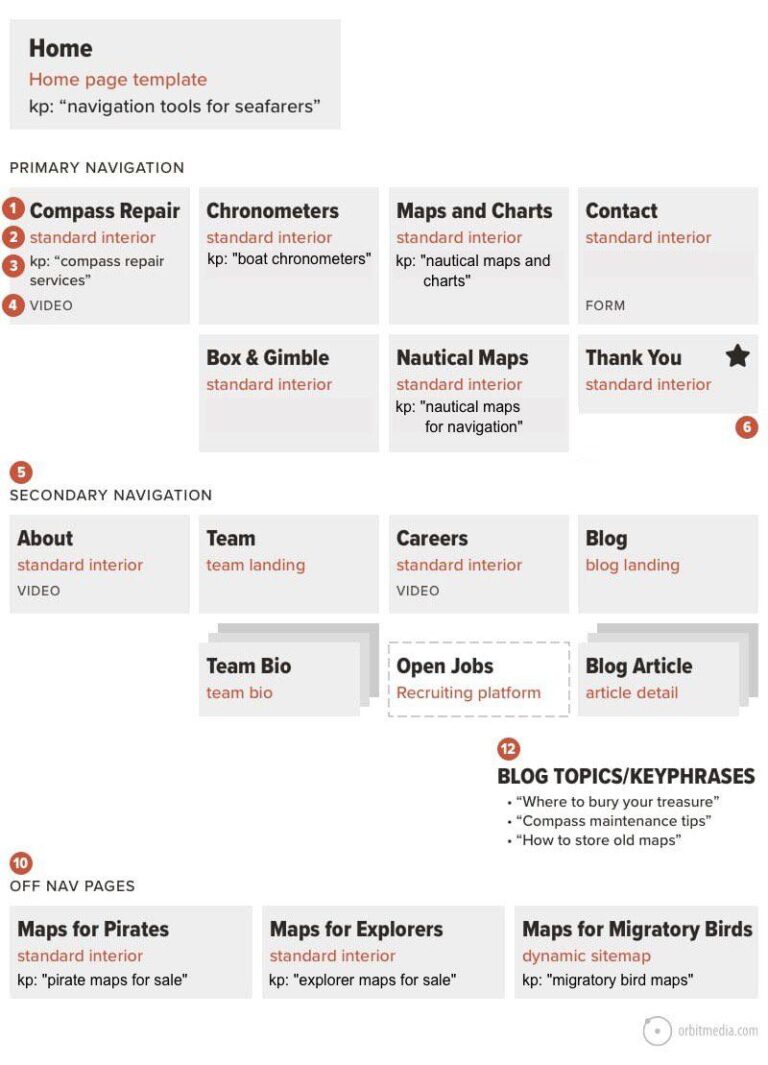In an era where misinformation spreads as rapidly as the digital news cycle itself, the African Catholic Union of the Press has emerged as a vital voice advocating for the responsible use of technology in journalism. In a recent statement, the organization underscored the pressing need for artificial intelligence (AI) to be harnessed in the service of accurate information, rather than becoming a tool for deception. As the media landscape in Africa continues to evolve, this call to action highlights the intersection of faith, technology, and truth-telling. The Union’s appeal resonates particularly in Ghana, where the dialogue around AI’s role in shaping public discourse is becoming increasingly pertinent. Agenzia Fides reports on the Union’s stance, urging stakeholders to prioritize integrity in an age where the distinction between fact and fiction can often blur.
Artificial Intelligence’s Role in Enhancing Journalistic Integrity in Africa
In recent discussions held by the African Catholic Union of the Press, the transformative potential of artificial intelligence (AI) in journalism was emphasized as a crucial resource for ensuring the accuracy and integrity of news dissemination across the continent. African journalists face numerous challenges, including misinformation and lack of resources, making AI tools invaluable in their quest for reliability and truthfulness. By leveraging AI for various tasks, including fact-checking and data analysis, media professionals can enhance the credibility of their reporting and foster trust with the audience.
Some of the key applications of AI that could significantly bolster journalistic integrity in Africa include:
- Automated Fact-Checking: AI can streamline the verification process of claims made in news articles, thus reducing the spread of false information.
- Data Journalism: Advanced analytics can help journalists analyze large datasets to unearth trends and stories that may otherwise go unnoticed.
- Content Personalization: AI can assist in tailoring news content to meet the specific interests of diverse audiences, contributing to more engaged and informed readerships.
- Language Translation: With AI-driven translation tools, reporting can reach wider audiences across different linguistic groups, promoting inclusivity.
Moreover, as the media landscape evolves, the implementation of ethical AI practices becomes paramount. A collective commitment from media organizations to create guidelines around the ethical use of AI can ensure that these technologies serve the interest of public welfare. This is particularly vital in regions where journalistic freedom is restricted, and AI could provide the means to uphold truth and accountability.
Ghana’s Catholic Press Advocates for Accurate Information in the Age of AI
The African Catholic Union of the Press recently emphasized the pivotal role of artificial intelligence in promoting accurate information within the digital landscape. As misinformation and disinformation proliferate online, church leaders are advocating for the strategic implementation of AI technologies to enhance the integrity of news reporting. The Union underscores the necessity for media professionals to embrace AI as a tool that can assist in verifying facts, automating research, and generating comprehensive reports while upholding traditional journalistic values.
Moreover, the union highlighted key strategies for leveraging AI effectively in news dissemination:
- Fact-checking tools: Integration of AI-driven platforms that can swiftly analyze data and confirm the validity of sources.
- Ethical guidelines: Establishing best practices to ensure that AI applications adhere to ethical standards in journalism.
- Training initiatives: Offering educational programs for journalists on how to Utilize AI responsibly and effectively.
Such measures aim not only to enhance the quality of information shared with the public but also to strengthen the credibility of religious institutions in an ever-evolving media landscape.
Recommendations for Leveraging AI to Combat Misinformation in African Media
As misinformation continues to pose a significant threat to the integrity of media in Africa, leveraging artificial intelligence (AI) offers a transformative solution. AI tools can be utilized to analyze vast amounts of data rapidly, identifying potential misinformation before it spreads. Media organizations should consider implementing machine learning algorithms that can detect patterns associated with false narratives. By collaborating with tech companies, they can develop customized solutions that cater specifically to the nuances of African media landscapes. Additionally, training journalists in AI technologies will empower them to discern credible sources more efficiently and amplify accurate reporting.
Moreover, establishing partnerships between media outlets and AI research institutions can foster innovative approaches to combat misinformation. Key strategies include:
- Developing AI-driven fact-checking platforms that provide real-time verification of news stories.
- Using natural language processing to flag misleading content across various languages commonly spoken in African countries.
- Creating community-driven initiatives that educate the public about recognizing misinformation and the role of AI in safeguarding information.
Such initiatives not only enhance the credibility of news but also promote digital literacy among audiences. By integrating these technologies and approaches, African media can significantly fortify their defenses against the tide of misinformation.
Concluding Remarks
In conclusion, the African Catholic Union of the Press has underscored the imperative role of artificial intelligence in fostering reliable and precise information dissemination across the continent. As the rapid evolution of technology continues to shape the media landscape, the call for ethical frameworks and responsible usage of AI highlights a commitment to safeguarding journalistic integrity. The insights shared during the recent discussions signal a collective ambition among media professionals in Africa to harness AI’s potential while prioritizing the pursuit of truth. As this dialogue unfolds, it will be crucial for stakeholders to remain vigilant in their efforts to ensure that advancements serve not only the interests of the industry but also the public’s right to accurate and trustworthy information.







